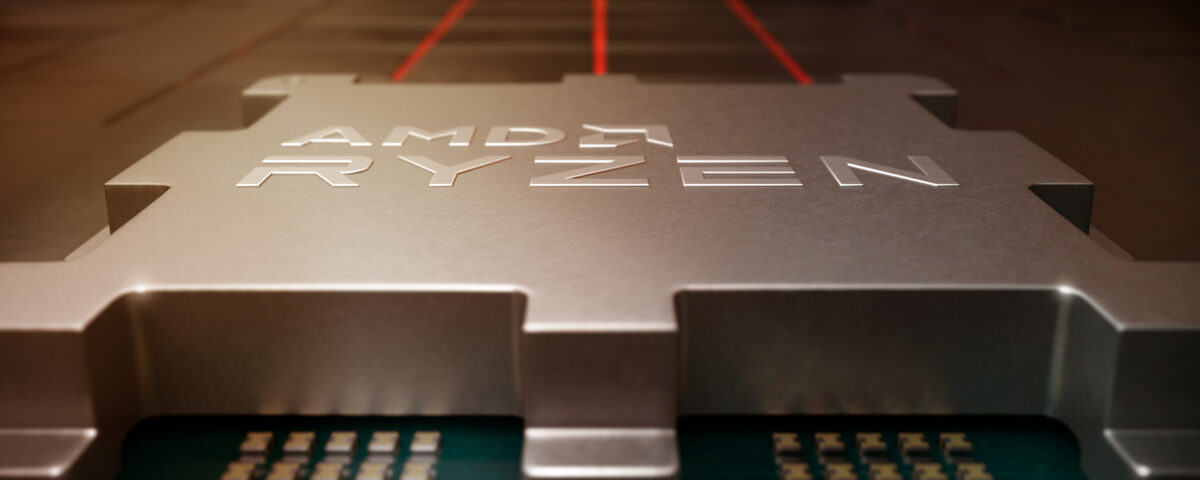
AMD to use Samsung’s 3nm tech as it looks to dual-source future chips: report
May 30, 2024
Intel could be prepping 24-core Arrow Lake-H processors for notebooks
June 24, 2024A bit lower than the 16% IPC improvements AMD touted at Computex
Following the Ryzen 5 9600X L1 and L2 cache story we wrote earlier today, benchmark results of AMD's new Zen 5 mid-range chip in CPU-Z have cropped up, showing a 12% performance increase for the 9600X over its predecessor, the Ryzen 5 7600X. The new benchmark was discovered by HXL on X (formally Twitter). At first glance, CPU-Z's performance estimations suggest the 9600X's performance is weaker than what AMD claimed in its Computex announcement.
The Ryzen 5 9600X's performance gap applies to both its single- and multi-core performance. The Ryzen 5 7600X CPU-Z results that we grabbed were from Guru3D's review, since the CPU-Z app does not have a 7600X reference score to compare to, and we don't use CPU-Z in our own CPU reviews.
| CPUs: | Single-Core | Multi-Core |
| Ryzen 5 9600X | 871.4 | 7,096.6 |
| Ryzen 5 7600X | 765 | 6,221 |
The Ryzen 5 9600X scored 871.4 points in CPU-Z's single-core test and 7,096.6 points in the application's multi-core benchmark. The CPU-Z result reported by Guru3D's Ryzen 5 7600X review is 765 points for the single-core test and 6,221 points for the multi-core test.
This results in the Ryzen 5 9600X having a 12.21% advantage in the single-core test and a 12.30% advantage in the multi-core test over the Ryzen 5 7600X. Of course, we have to take these results with a grain of salt since the 9600X unit is probably an engineering sample of some kind, and there is a very good chance both CPUs are running different memory configurations.
Regardless, the CPU-Z numbers suggest that the new Ryzen 5 9600X won't be that much faster than the Ryzen 5 7600X. This makes sense, considering both CPUs share very very similar specifications. Both sport six-core configurations with 12 threads and the same amount of cache. The only difference between the two — besides the obvious architectural differences and a TDP drop from 105W to 65W, is the clock speed. The Ryzen 5 9600X clocks up to 5.4GHz while the Ryzen 5 7600X clocks up to 5.3GHz (a measly 100MHz difference).
But there is a good chance CPU-Z is one of Zen 5's weaker benchmarks. AMD's 16% IPC metric comes from a plethora of real-world applications that were benchmarked on Zen 5 and averaged out to get the 16% result. As a result, the Ryzen 5 9600X probably performs better in many other applications than what CPU-Z is showing.
However, we will have to wait and see if that is the case. We will be testing the Ryzen 5 9600X as soon as we can get one, to see how it performs in a diverse collection of synthetic and real-world benchmarks.

